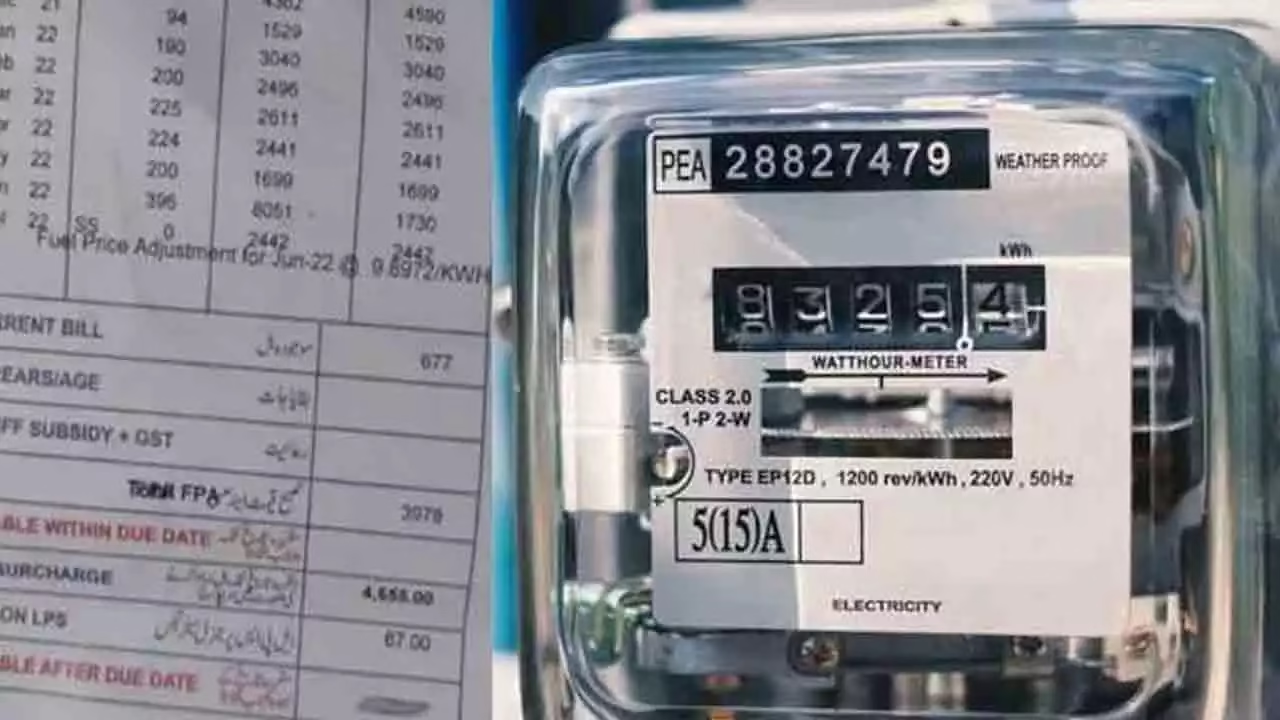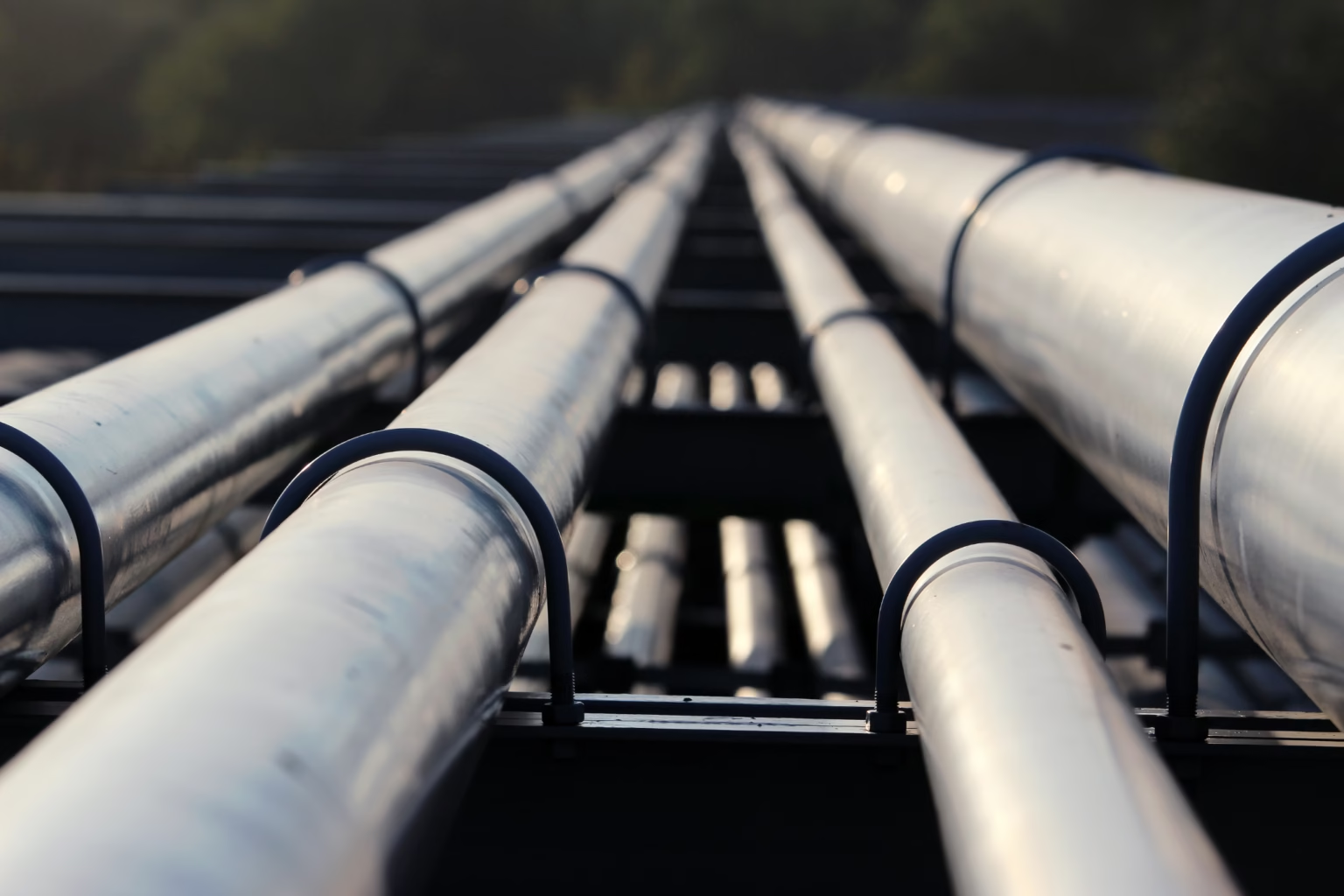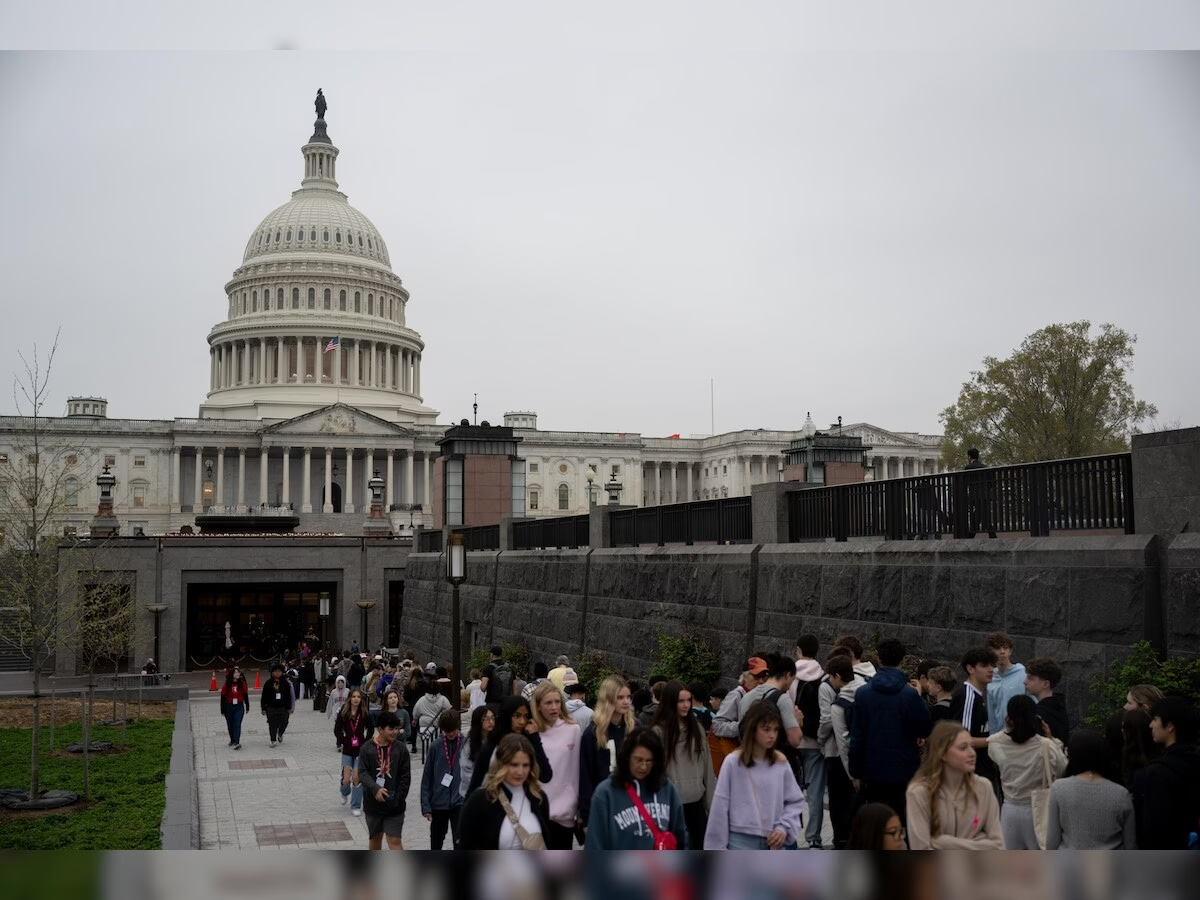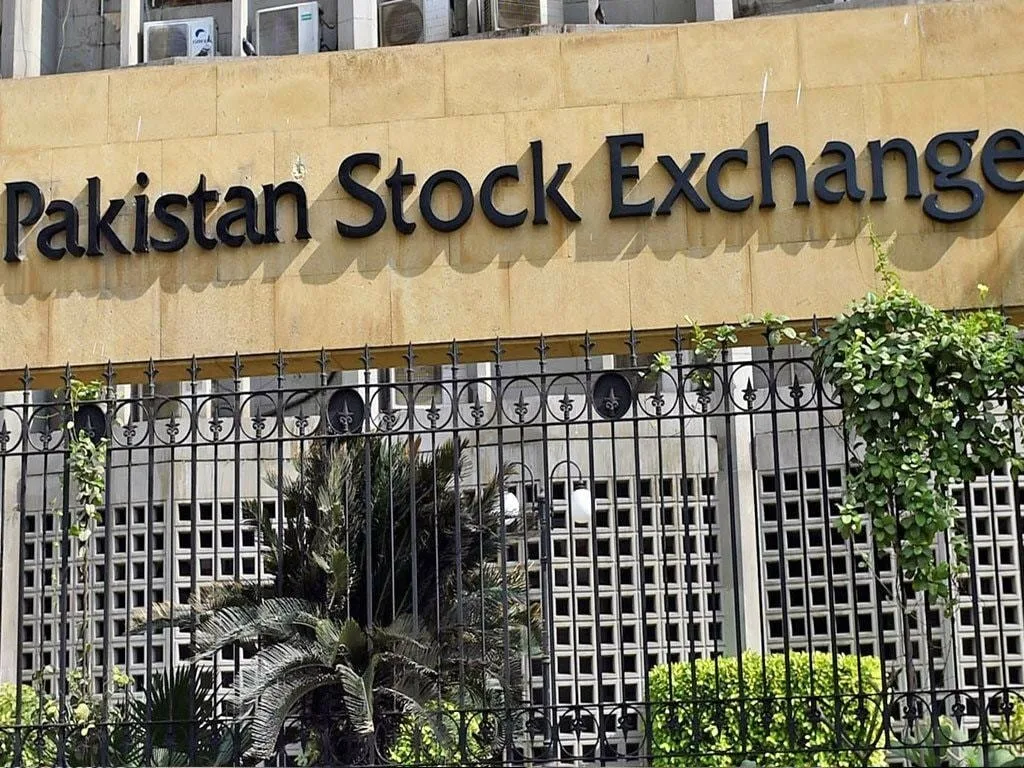In a significant development that directly impacts electricity consumers, the Lahore Electric Supply Company (LESCO) has received approval from the National Electric Power Regulatory Authority (NEPRA) to recover billions of rupees from its users. The decision follows a formal application submitted by LESCO, requesting tariff adjustments for the financial years spanning 2019 to 2022.
Following a detailed hearing process, NEPRA has greenlit the collection of an additional Rs. 8 billion from consumers. This amount will be recovered through electricity bills over the course of the next fiscal year, placing an added burden on households and businesses already grappling with inflation and economic pressure.
LESCO’s Application: A Review of 3-Year Adjustments
LESCO’s application to NEPRA centered around pending quarterly tariff adjustments for the fiscal years 2019–20, 2020–21, and 2021–22. The company argued that due to delays and procedural hold-ups, these cost adjustments had not yet been passed on to consumers as per standard regulatory practice. These adjustments are typically based on variations in fuel costs, power purchase prices, and inflationary trends affecting operational expenses.
The company claimed that the rising cost of generation and supply over these years had created a financial gap that needed to be bridged through consumer billing in the upcoming fiscal cycle.
NEPRA’s Decision and Consumer Impact
After reviewing the application, conducting public hearings, and evaluating the financial data submitted, NEPRA approved the recovery of the requested amount. The Rs. 8 billion will now be distributed among LESCO consumers as part of their monthly bills during the 2025-26 financial year.
This move will translate into higher monthly bills for a vast majority of domestic and commercial electricity users in the Lahore region. The added charges are expected to be implemented through the standard Fuel Cost Adjustment (FCA) and Quarterly Tariff Adjustment (QTA) mechanisms.
While the increase is being justified as a technical and regulatory correction of past years’ imbalances, it comes at a time when the general public is already struggling with record-high inflation, devaluation of currency, and increased costs of essential services.
Transparency and Accountability Concerns
Consumer rights groups and economic analysts have voiced serious concerns over the approval, urging greater transparency in the process and questioning why these adjustments were delayed for so long. Many argue that such retroactive charges reflect a failure in timely regulation and efficient financial management by the power sector authorities.
Critics also highlight that there is little to no relief or protection for low-income consumers, who are often the hardest hit by such tariff hikes. The lack of a phased or subsidized approach for vulnerable segments has further intensified public dissatisfaction.
A Broader Trend in the Power Sector
LESCO’s case is not an isolated incident. Several other distribution companies (DISCOs) have also approached NEPRA in recent months, seeking approval to recover pending amounts through similar retrospective adjustments. This reflects a broader trend of financial imbalance and inefficiencies within Pakistan’s power sector, where circular debt, line losses, and non-recoveries continue to plague distribution networks.
Despite repeated assurances of reform, the burden continues to fall on end consumers, raising questions about the long-term sustainability of the current power pricing model.
What’s Next for Consumers?
LESCO consumers are advised to brace for increased electricity bills beginning from the new financial year. The adjustments will be spread out monthly, but the cumulative impact over the year will be significant.
Consumers are encouraged to:
- Monitor their monthly bills closely
- Check for breakdowns related to FCA and QTA
- Reach out to LESCO or NEPRA’s complaint cells in case of discrepancies
Additionally, public pressure and legal petitions may play a role in either delaying the implementation or revising the scale of recovery in some cases, especially if public uproar grows in response to the added charges.
While LESCO and NEPRA maintain that these adjustments are procedural and essential for maintaining the financial health of the power supply chain, the real cost will be paid by the consumers — not just in rupees, but in compromised quality of life and further financial strain.



